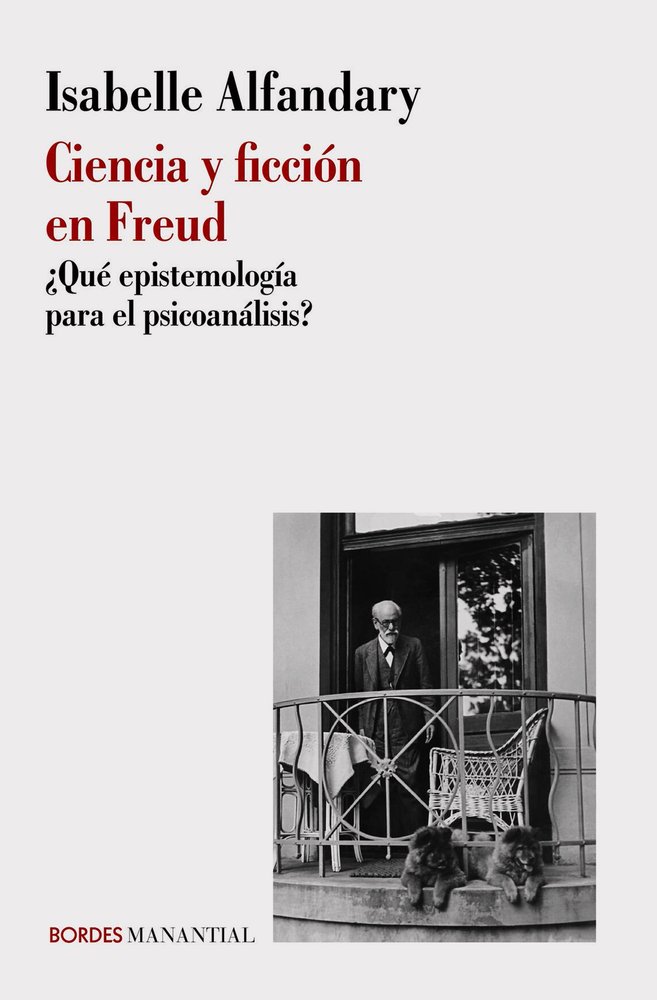El psicoanálisis tiene por objetivo la cura. Para su inventor es, sin embargo, una práctica inseparable de una hipótesis científica: el inconsciente. El psicoanálisis no puede prescindir de la comprensión y la comprobación de los procesos psíquicos inconscientes. Si pierde su estatus de ciencia, se convierte en una creencia o una religión. Lo cierto es que el inconsciente no es un objeto de experiencia directa: solo se manifiesta oblicuamente en sueños, lapsus, actos fallidos... ¿Cómo salir, entonces, del atolladero de una ciencia cuya causa es tan necesaria como inaprehensible? Para lograrlo, Freud elabora sucesivos modelos epistemológicos, desde la ciencia detectivesca de los Estudios sobre la histeria hasta el mito científico de Moisés y la religión monoteísta. Contra toda expectativa, propone un modelo epistemológico que se basa en la ficción.


